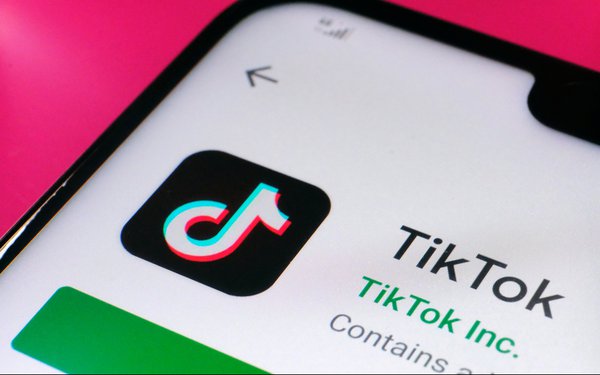
A trial judge's injunction against the planned Trump
administration's TikTok ban “disrupts national security efforts,” the government is telling a federal appellate court.
In papers filed Thursday with the 3rd Circuit Court of
Appeals, the Department of Justice says the judge who issued the injunction “gave short shrift” to the administration's view that the Chinese-owned social video app poses a national
security threat.
“Based on the risks posed by the Chinese government’s efforts to 'conduct espionage on millions of U.S. persons,' the President and the Secretary of Commerce ...
determined that certain 'business-to-business transactions' with TikTok should be prohibited,” the Justice Department argues.
“The injunction against those prohibitions, requested
by three individual users of the TikTok app, disrupts those national security efforts,” the Justice Department adds.
The government makes the claim as part of an effort to persuade the
3rd Circuit to vacate an injunction issued in October by U.S. District Court Judge Wendy Beetlestone in the Eastern District of Pennsylvania.
She ruled that the administration's planned TikTok
ban wasn't authorized by the International Emergency Economic Powers Act.
That law allows the president to declare a national emergency and restrict some transactions with foreign countries.
But the statute doesn't authorize the president to regulate “informational material,” including photos and news feeds.
The government is now arguing that the ban didn't violate the
International Emergency Economic Powers Act for several reasons, including that the ban would not prevent “informational material from entering or leaving the country,” given that TikTok
isn't the only social media platform.
“Even if the prohibitions inhibit U.S. users’ ability to view and share content on the TikTok app, those users could post the same content on
other platforms, including on TikTok’s website, that do not present the same national security risks,” the government writes.
Beetlestone's ruling stemmed from lawsuit brought by
three influencers -- Douglas Marland, Cosette Rinab and Alec Chambers -- who alleged they rely on income from TikTok.
Chambers said he earned $12,000 for promoting the Extra gum on the
platform, while Rinab -- who creates fashion videos -- earns between $5,000 and $10,000 per video.
Beetlestone ruled that the trio was likely to suffer irreparable harm if the order went into
effect.
In August, Trump said the company posed a security risk and mandated a ban on all U.S. transactions with the company. The Commerce Department subsequently issued prohibitions
implementing that ban -- which would have taken effect last month, if Beetlestone hadn't enjoined enforcement.
Earlier this month, a second judge in Washington, D.C. issued a separate
nationwide injunction against the ban.
Oracle and Walmart recently agreed to purchase stakes in TikTok, but the structure of the tentative deal remains unclear.